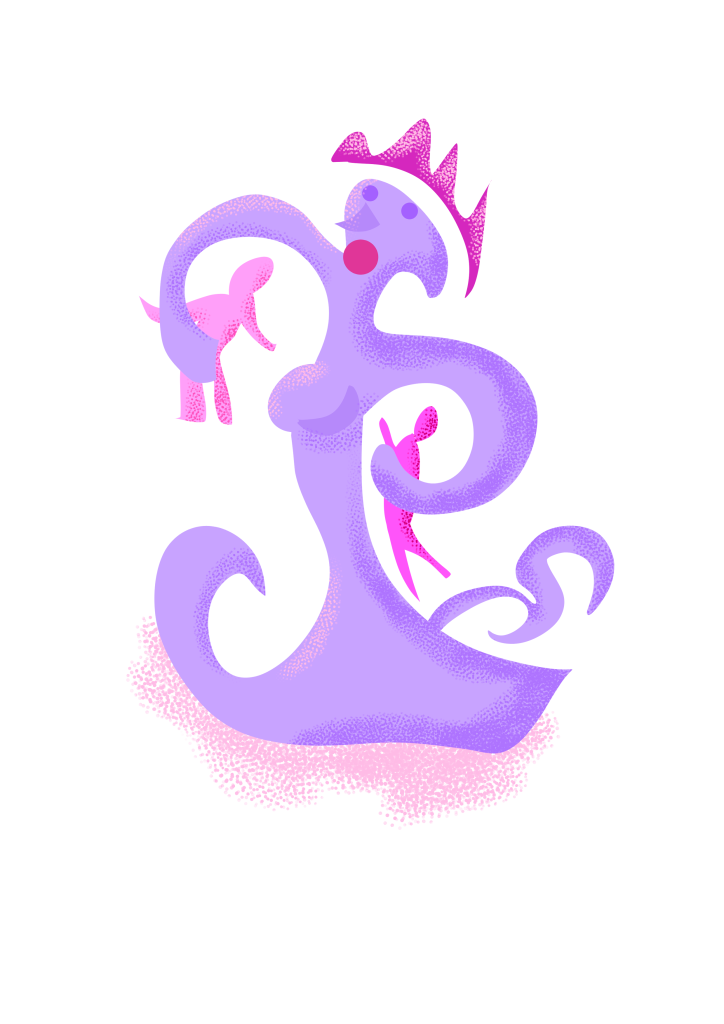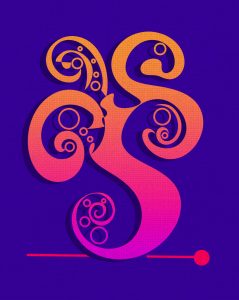12.06.2024

I read an article just now about how Asian women are trolled for dating white men. The context for the accusations is that the Western media portray Asian men as unattractive and the claims that are made by the accusers are that the Asian women have a colonised mentality and want to be dominated by white men as a result. Article here:
https://www.theguardian.com/world/article/2024/jun/12/asian-women-dating-white-men-fake-oxford-study
Just like incels, the men here feel betrayed and passed over by women. They feel like they have been judged unfairly by women. And it is in that self-perception of victimhood that they expel all their hate about women.
Without going into the power dynamics of interracial relationships in a majority white culture – and whether there is any basis for the complaints of these Asian men (easy enough to investigate this if you wanted to through cultural materials) – let’s focus on this idea of the unfair woman judge which is present in both complexes of misogyny.
Historically, it is the men that have been the judges in the west. And these men have portrayed themselves as disinterested, objective, masters of ‘abstract reasoning’, fair, with universally applicable laws. Readers of the law that see deeply. The rule of the law is based on these ideas.
Therefore, let us imagine a woman judge that would be the exact reverse of these things. Instead of disinterest, she has interests in judging. Instead of being objective, she is overly emotional and biased. Instead of reasoning in an abstract way, she wouldn’t be able to achieve abstract thought and look beyond the circumstances. She might perhaps look at the colour of someone’s skin rather than ‘reason’ in her judgement. She can only see superficially and not deeply like the male judge, only at skin colour. She would be unfair. Her laws are specific only in a narrow sense to one particular situation.
Now, let us apply this monstrous female judge to the situation. The point of this exercise is to show that the criticisms made of these Asian women in interracial relationships stem from the conceptualisation of a masculine law as its polarised opposite. Hence, that the conception of the law is itself complicit in shaping how difference – in the idea of the ‘ethnic’ or ‘foreign’ Asian woman – is controlled in a cultural misogyny against female rule and female judgement and law:
– Her interest in judging is to accrue power to herself by dating a white man and make an investment into white superiority.
– She is not objective in judging men, but is biased towards white supremacy.
– She can’t reason in an abstract manner and looks at someone’s skin rather than their character, so she is superficial as well when she forms her judgements.
– She is unfair because the main thing that matters in her judgement is skin colour.
– Her law is specific only to the situation of white supremacy and therefore it is narrow.
So, you can see that all these negative constructions of female judgement relate back to the ideal of the heroic, unbiased, male judge which a woman’s judgement is supposed to subvert. This is what legally fuelled misogyny looks like.
Unfortunately, this judge that is so heroic, this whole ideal, is itself based on whiteness. Because the judges in this country have been white. And they have based their laws of relationships between men and women on imperialism and white supremacy. That is historical fact. So, for example, the reason the age of consent is 16 is because the British ruled over countries like India where the people married young and wanted to differentiate themselves from such ‘uncivilised’ countries. The laws against bigamy are another example.
So, these Asian men that are making all of these accusations against Asian women are themselves taking on the unfair and illegitimate role of these racist white judges that have historically ruled relationships in the rule of the law. They are projecting their own unfairness onto the Asian women.
This is nothing new. Read Wilkie Collins’s novels like ‘The Moonstone’ and ‘Poor Miss Finch’. I hate to spoil the novels for anyone that have not read them, but the typical plot is that there is a superficial and shallow woman that can’t differentiate past superficial legal appearances and therefore gets the identity of the man wrong in each case, a man that she is supposed to love. It is the role of the jilted lover who has been ‘unfairly’ judged upon to make things right and correct the woman’s judgement. So, the misogyny is completely entrenched within Western legal culture and fiction – since ‘The Moonstone’ was formative of subsequent detective fiction which rules the roost in Britian in terms of popular reading.
Some ethnic minority women undoubtedly do date white men exclusively because they hate themselves and do want to be subjugated by them, and to realise some of the power of white supremacy. However, to know which one is which would require study and time – you can’t just make up fake studies like in the news article I read. Obviously not every single ethnic minority woman is a racist against the men in her ethnic minority group. And I would say that most of them are not, based on my own experiences, where many Indian descent women of my own age have tried to contact me on dating sites and liked my profile to initiate a conversation.
But this is not the point of this piece of writing. The point of this piece of writing is to explain that misogyny stems from the Western law. Because the Western law has its monstrous other in the idea of women’s judgement. A woman’s judgement is supposed to go against everything that the legal ideal of masculine judgement is thought to represent. And we can see the repercussions in the misogyny of these men who have been judged by women as not being worthy to date. Yes, there is genuine hurt that is fuelling these assessments of women’s judgement. But that is not an excuse. Because there is no excuse to become like the imperialistic fascists that have historically made up the rule of the law in this country or in countries like America. There is no excuse for victimising others – for the fact that they are ethnic minority women. Because then you show that the monstrous ‘female’ judge is not them – it is you. To be fair, you have to judge someone on their behaviour to you over a period of time. Not based on the fact that they are with a white person. If, however, their behaviour with white men is obviously different from how they treat you, then you have a case. And for that, obviously you need to know these women. Not pick on people that you don’t even know.

